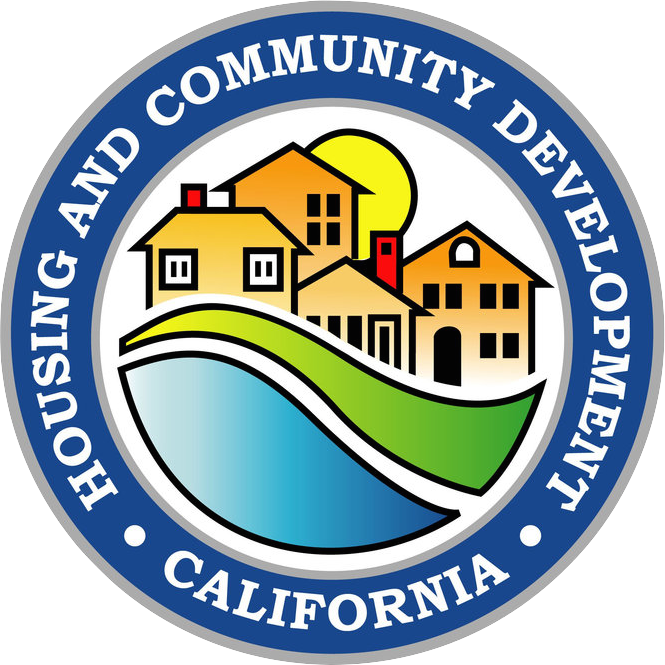Helping to resolve certain disputes between mobilehome/manufactured homeowners in mobilehome parks and park owners/management.
Sometimes in mobilehome parks, disputes can arise between mobilehome/manufactured homeowners and park management. To help resolve some of these disputes, California created the Mobilehome Residency Law Protection Program (MRLPP) through the Mobilehome Residency Law Protection Act of 2018, Assembly Bill 3066 (Chapter 774, Statutes of 2018).
The MRLPP was originally scheduled to end on January 1, 2024. Assembly Bill 318 (Chapter 736, Statutes of 2023) extended the program ending date to January 1, 2027. For more information, see Information Bulletin 2024-01 (PDF).

